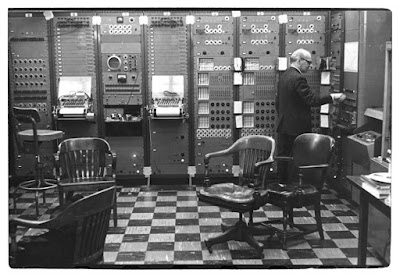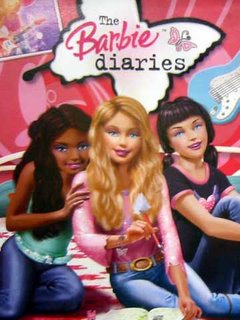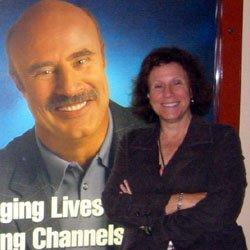The New Yorker features profiles, extended articles about interesting accomplished people. I remember reading only two over many years, both of people I actually knew - first Nicolas Slonimsky and then Esa-Pekka Salonen.
Instead of magazines, mostly I read novels or histories, some of which I wrote about on this very blog. Magazines didn't much interest me. Magazines were for toilet reading. I subscribed to gobs of computer magazines, back when computers were new. Wired Magazine lasted the longest - eventually it got just too silly.
Then I purchased an iPad, a first generation Mini, on the day it was released in November, 2012. I'm still amazed by how much this little hand-held slab of glass and metal can do. It truly is the stuff of science fiction. I expected it to change my life in any number of ways.
It's fair to say that the Mini changed my reading habits. That's all, not much else. I stopped reading novels and histories and started reading an endless thrum of online news and feature articles. I like the iPad Mini because it fit in my pants pocket. It even made it possible for me to feel bad about myself while scrolling through Facebook at Starbucks instead of only at home.
I devised one essential rule for using the little mini. I'd promised myself that I'd never read it on the toilet. So far, more than four years later, the promise remains kept.
Meanwhile, I noticed something important. The news articles and opinion pieces and badly disguised-as-commentary advertising coming at me through the Internet were an endless rush of awful writing. It was tiring. It was often inaccurate as well. Today, in the era of obvious fake news, it can be downright odious.
Then I discovered The New Yorker online. I subscribed to a daily newsletter with links to articles, a few subtle ads and a daily cartoon. I looked forward to the links for a entire week's worth of cartoons. I "liked" New Yorker Cartoons on Facebook. I started following the weekly caption contest. The captions suggested by readers are never, ever as funny as ones provided by the magazine so I stopped following.
And one more thing - the writing was good.
Part and parcel of subscribing to the newsletter was giving them my postal address, so soon enough I was receiving offers to subscribe to The New Yorker. At first I could resist easily. Then I started thinking "I really should subscribe."
Finally, at the end of last year I took the bait: ridiculously low price for a subscription of 50 issues, plus a useless tote bag and $10 off on my next Amazon order. It didn't hurt that the magazine had taken a strong editorial stance against the winner of the last Presidential election. You know how I feel about him.
I've read that The New Yorker has more subscribers in California than it does in New York. I just fact-checked that - it's 2004 data. I wonder if it's still true. I suppose part of the "allure" of The New Yorker for non-New Yorkers is keeping tabs on what's happening in Gotham. I wouldn't live there for a billion dollars but it's as close to a center of actual culture you can find this side of Europe. If there were a magazine that personifies Los Angeles I doubt it would be known for intelligent good writing.
Within a few weeks paper copies began appearing in my mail box. It wasn't long before they started piling up in the toilet. I now open them from the front.
I've read articles I never would have clicked on - just recently a profile of some author I'd never heard of (and whose name I can't remember) and of Jack White (while I have heard of him I've never heard his music.) (A few other articles I enjoyed are linked below.)
I skip event listings and most reviews - especially restaurant reviews especially on the toilet. And there's plenty of other reading in the house than I could take into the toilet with me - we get two newspapers every day. And, once a month we get Funny Times, highly recommended toilet reading if you like cartoons, News of the Weird or old Dave Barry columns.
In the months since I subscribed I've read enough New Yorker articles to notice style quirks. Why, I wonder, is the drink called a martini always capitalized. Why do they spell it reëvaluate instead of re-evaluate. A real Californian would not do that.
Mostly, however, I notice the consistency of the writing. I ask myself whether I could ever write that well. The answer, before your eyes at this very moment, is obviously no. Let's face it, even if I had things to say or stories to tell, not in a million years would I reach that level of quality.
I suppose I should thank The New Yorker for how quickly I came to that revelation. It took me decades to recognize the maddening limits of my musical talent.
A Hundred Days of Trump by David Remnick
America's Most Political Food by Lauren Collins
Learning Arabic from Egypt's Revolution by Peter Hessler
The I.O.U., a previously unpublished story by F. Scott Fitzgerald
The Lost City of Z by David Grann
Trial by Fire by David Grann
In 2007 I blogged about the New Yorker profile of Esa-Pekka Salonen. The post was called The New Yorker and the Hero Composer in Los Angeles. Here's the final paragraph:
Finally, once Alex Ross finished his New Yorker article he wrote this in his blog: "You L.A. people are lucky." Yeah, probably so. But I'd like to suggest that he withhold judgment until he spends some time here during the months of August and September. That's when the sun burns your skin and the smog burns your eyes and the programming with fireworks at the only live classical music venue in town burns your soul.















